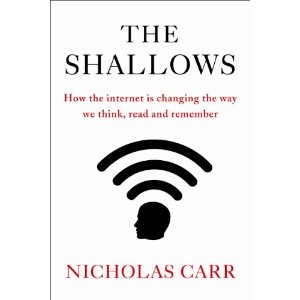The idea of the ‘Mozart Effect’ in children dates from 1993 when Frances Rauscher, a psychologist, wrote a paper that appeared in the American science journal Nature. The paper summarised a study in which Rauscher asked 36 college students to listen to 10 minutes of Mozart or 10 minutes of relaxation music. Immediately after listening to one or other form of music the students were asked to complete a series of spatial reasoning tests, including a test involving imagining what a piece of paper folded several times and then cut with scissors would look like once it was unfolded. The finding was that the students who had been listening to Mozart were better at these tasks than the students who had not.
What happened next was actually more interesting than the experiment. The media got hold of the story and started to extrapolate. First the media drew the conclusion that the effects of a simple paper folding exercise could be applied to broad intelligence and second they somehow drew the conclusion that what had worked with college students could also be applied to small children and even foetuses. This obviously excited all kinds of excitable people and pretty soon politicians were jumping on the musical bandwagon. In 1998, the Governor of the American state of Georgia insisted that all new mothers be given classic music to play to their infants whilst in the state of Florida it was mandated that day-care centres play classical music to their infant students.
Why did this happen? According to Nikhil Swaminathan, writing in the Scientific American, the reason was that the research seemed to connect directly with a belief in infant determinism (the idea that what happens to a child in their very early years has a critical, and possibly irreversible, impact on the rest of their life). Some musicians and ‘ologists still believe that music therapy has a profound effect on young brains, and there is some evidence (e.g. Alfred Tomatis) to suggest that music affects conditions such as dyslexia, autism and attention deficit disorders. But overall the jury is still out as to whether the effects are anything more than insignificant or temporary.
A German study by the Federal Ministry of Education and Research in 2007 claimed that the Mozart Effect was nonexistent and many individuals have argued that young children would be better off learning an instrument rather than listening to a recording of Mozart. It could even be argued that placing a small child in front of a television to passively listen to music is actually damaging because it is once again an example of the negation of parental care. The parent is free to do something else whilst the child watches or listens to music but the child is then deprived of physical contact and misses out on free play.


